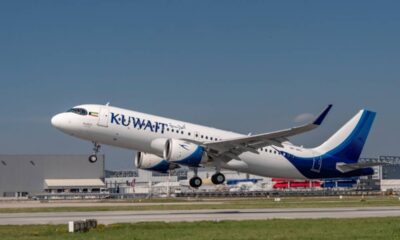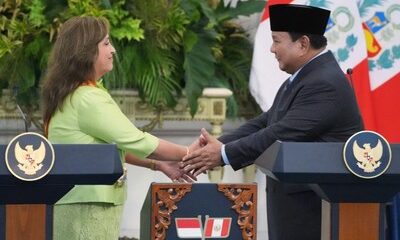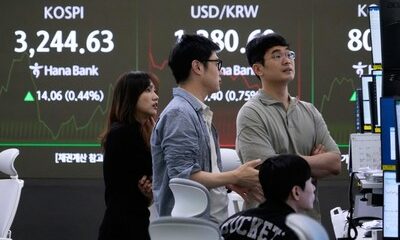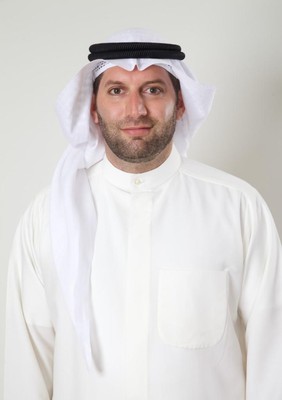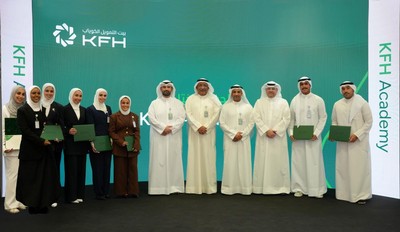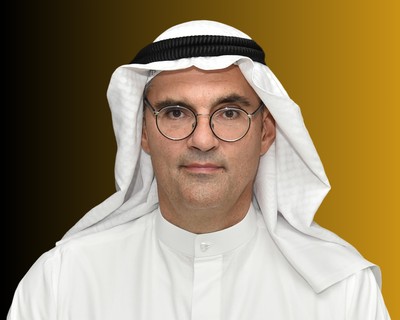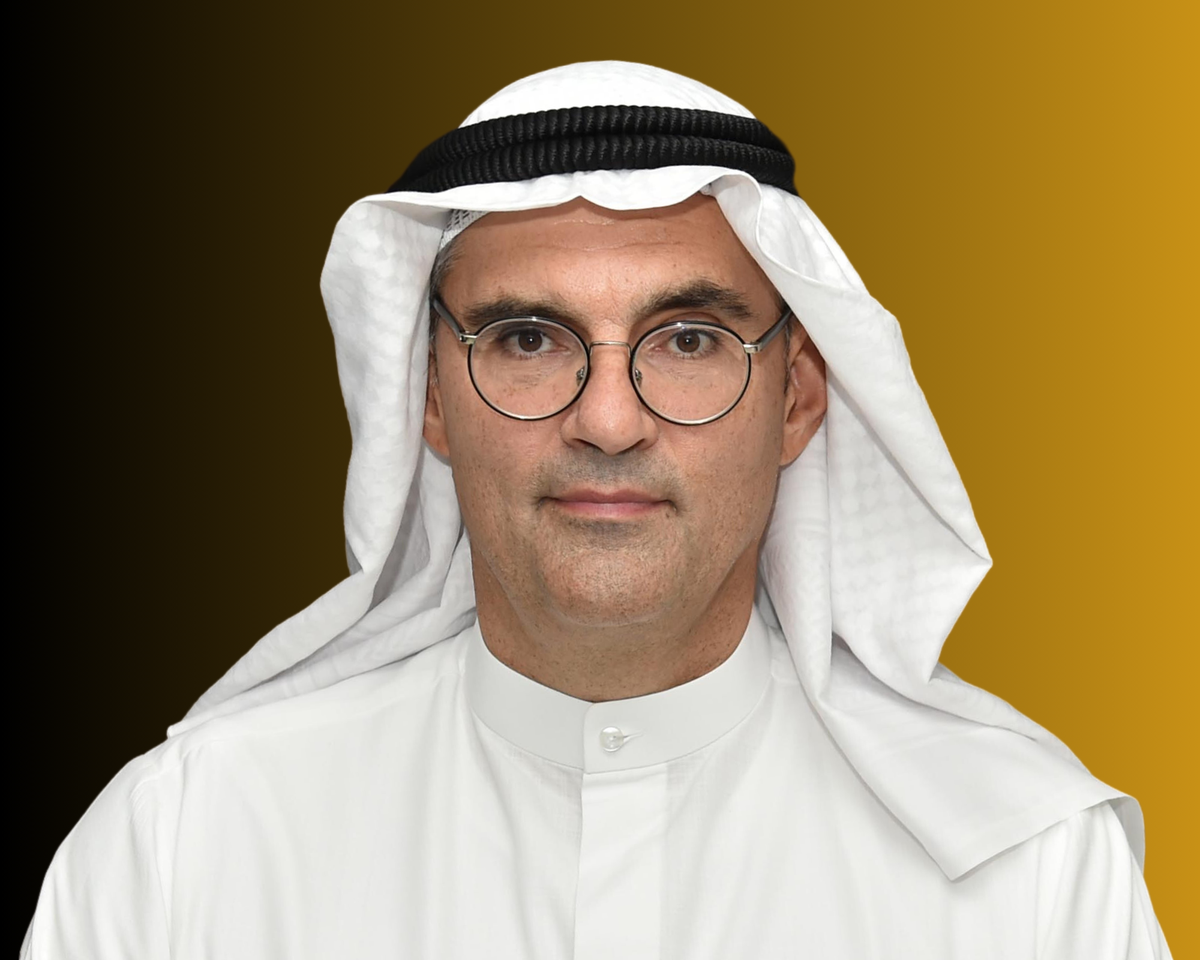KUWAIT CITY, Aug 16: Agility Public Warehousing Company KSCP (“Agility KSCP”), a supply chain services, infrastructure and innovation company, today reported Q2 2025 results following a repositioning of the company’s strategy.
Q2 Recap of New Strategic Direction
On 17 June 2025, Agility KSCP’s Board of Directors approved a new strategic direction aligned with Kuwait Vision 2035, aiming to accelerate national infrastructure development and reaffirm the company’s original mission set in 1979 to develop critical warehousing and logistics in Kuwait.
To execute on this strategic direction, Agility KSCP announced that it will position its capital, operations, and leadership to support Kuwait’s economic priorities, with planned investments exceeding KD 100 million through 2030 in high-priority sectors. The company announced that it was taking several structural steps as part of this strategy, including national alignment, fostering Kuwaiti talent, and rebranding.
The Board of Directors of Agility KSCP, based on the authorization given at the Company’s Ordinary general meeting held on 22 May 2025, also approved the distribution of in-kind dividends representing 20.09% of the shares held by Agility KSCP in ADX-listed Agility Global Plc.
This strategic step aimed to offer shareholders a direct stake in a high-growth business while enhancing Agility Global’s free float, improving share liquidity, and boosting price discovery. This move is expected to raise Agility Global’s market visibility and support potential inclusion in major equity indices, underscoring the Board’s commitment to long-term value creation and alignment with shareholders.
Results from Continuing Operations
Following the announcement of this in-kind dividend distribution, Q2 2025 is the first quarter that Agility KSCP is reporting its results from continuing operations, and accounting for the one-off, non-cash impact of the remeasurement of Agility Global in Agility KSCP.
Q2 2025 net income from continuing operations stands at KD 8.7 million, up 196% from the same period last year, equivalent to 3.48 fils per share. Revenue stands at KD 36.1 million, and EBITDA was KD 16.2 million, up 36% year-over-year.
For the six months ending June 30, 2025, net income from continuing operations stands at KD 18 million, equivalent to 7.22 fils per share, a 45.3% increase from same period last year. Revenue stands at KD 73.9 million, and EBITDA was KD 32.2 million up 5.3% year-over-year.
One off, Non-Cash Loss from Discontinued Operations
In accordance with accounting standard IFRS 5, in Q2, Agility Global PLC was classified as “held for distribution to shareholders”.
As a result, the company recognized a non-cash loss of KD 292 million attributable to shareholders. This loss reflects the initial measurement of Agility Global, representing the difference between its book value and its market value as of 30 June 2025.
Including this one-off loss from discontinued operations, the reported consolidated net result for Q2 2025 was a loss of KD 282 million, equivalent to negative 113 fils per share.
This loss is an accounting adjustment as a result of the distribution of in-kind dividends as mentioned above and does not reflect the economic value of Agility Global, which continues to perform strongly.
Tarek Sultan, Vice Chairman of Agility KSCP said:
“Operating performance in the second quarter remained stable, and net income from continuing operations improved year-over-year. While the reported consolidated loss reflects a one-time, non-cash accounting adjustment under IFRS-5, it does not impact the fundamentals of the business. Our focus remains on positioning Agility KSCP for sustainable growth, with a particular emphasis on Kuwait-centric opportunities.”
Continuing Operations: Business Update
In Kuwait, the company’s portfolio businesses remain committed to executing their growth strategies while actively pursuing opportunities to enhance value and returns for shareholders.
GCS continues to prioritize both expansion and operational efficiency, positioning itself to capture new market opportunities. Meanwhile, MRC achieved a significant milestone by winning the bid to develop and operate a state-of-the-art Metal Reclamation Facility (MRF) that will process spent catalysts from KNPC and KIPIC refineries, contributing to Kuwait’s sustainability and industrial recycling goals.
Agility’s Kuwait Logistics Parks business is also making steady progress on the development of S2, or South Village—an integrated commercial, logistics, and crafts/services hub designed to serve Sabah Al-Ahmad City, Kuwait’s next-generation urban development. This project underscores Agility KSCP’s role as a key enabler of modern infrastructure in support of national growth.
Investments: Agility Global Business Update
As of end June 30, 2025, Agility KSCP still owned 51% shares in Agility Global, however post the distribution which happened in July, Agility KSCP will own 25% of Agility Global and will be deconsolidated and accounted for as an associate in Agility KSCP Books starting in the third quarter of 2025. However, for the second quarter, Agility Global was reported as per IFRS 5 as mentioned above.
In Q2 2025, Agility Global reported healthy profitability growth with stable margins, driven mainly by Menzies and Agility Logistics Parks. Tristar delivered steady top-line growth and operational ramp-up; but certain challenges in its maritime segment limited its EBIT expansion.
Agility Global reported Q2 2025 earnings of $24 million, EBIT grew 5% to $97 million, EBITDA increased 8% to $181 million, and revenue rose 8% to $1.2 billion. Agility Global’s balance sheet remains strong with total assets at $12.7 billion and shareholder equity at $5.8 billion
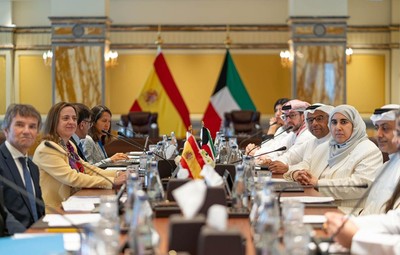
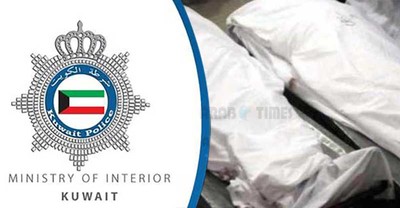
 Politics14 hours ago
Politics14 hours ago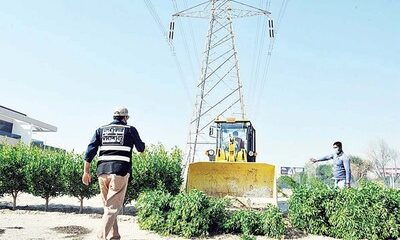
 Politics12 hours ago
Politics12 hours ago
 Latest News8 hours ago
Latest News8 hours ago
 Politics19 hours ago
Politics19 hours ago
 Politics15 hours ago
Politics15 hours ago
 Politics10 hours ago
Politics10 hours ago
 Business9 hours ago
Business9 hours ago
 Business8 hours ago
Business8 hours ago
